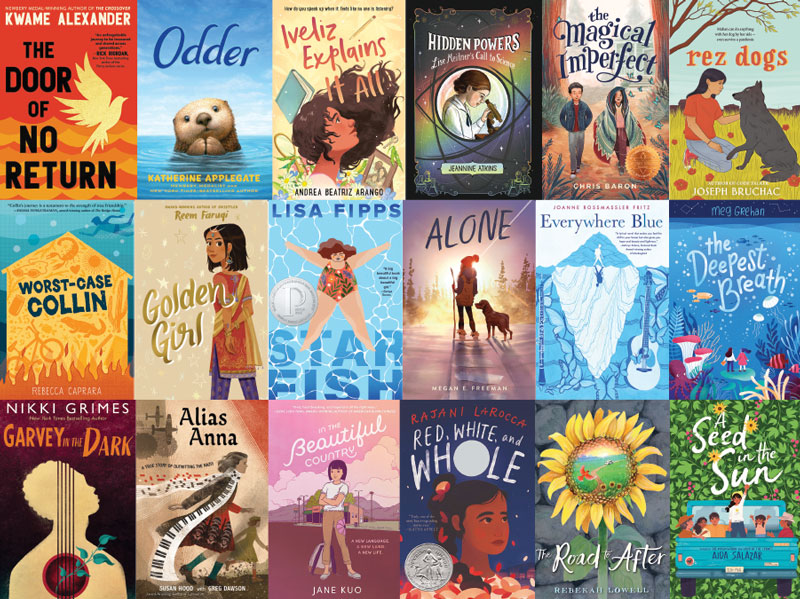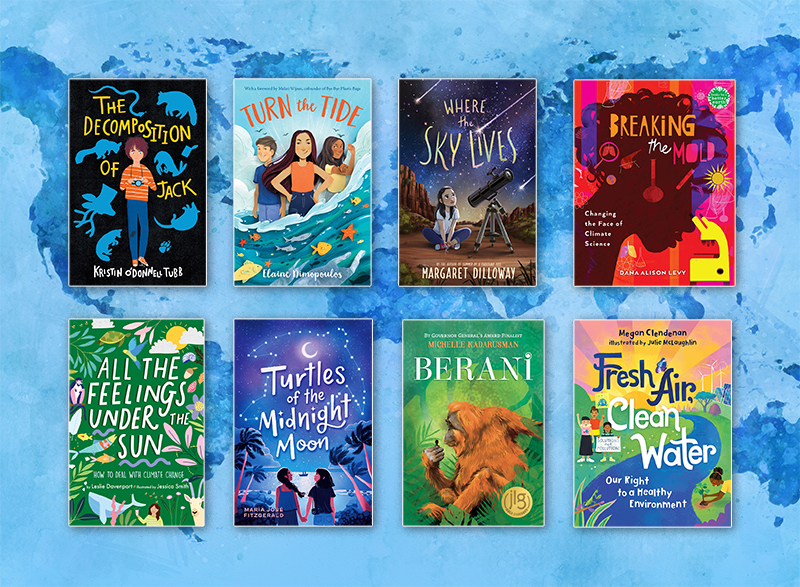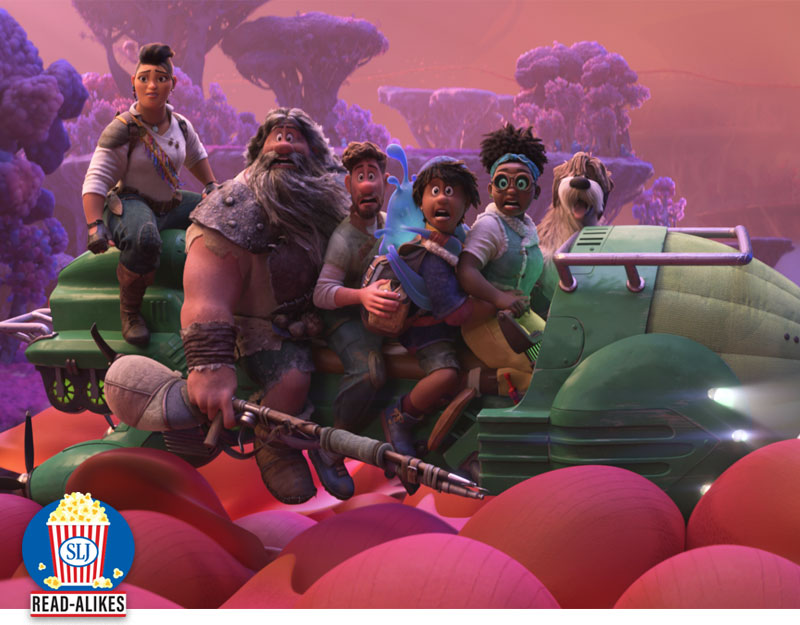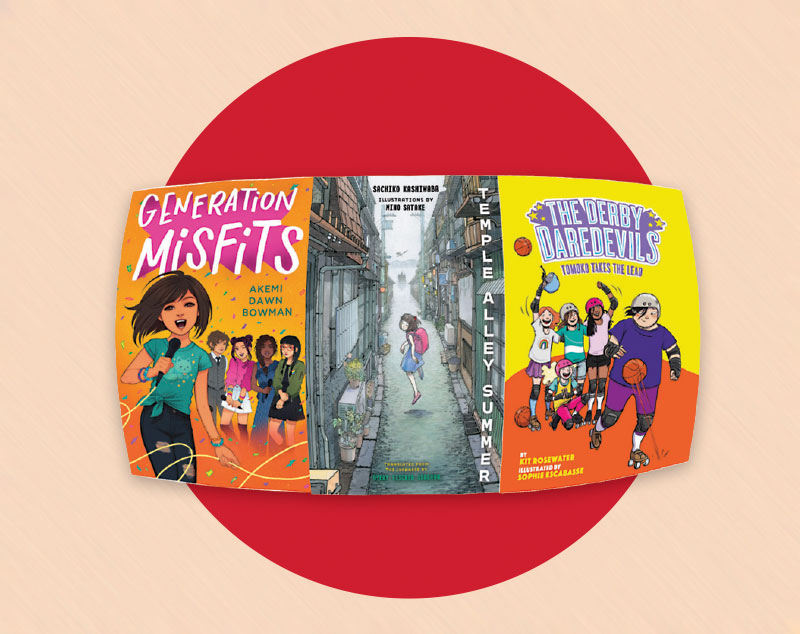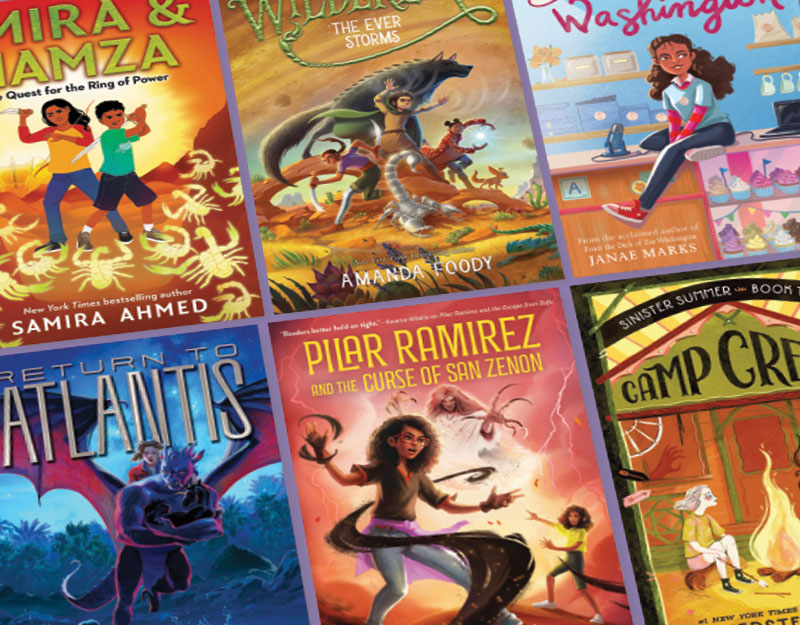#SJYALit: If You Don’t Get It, You Won’t Get It Right, a guest post by Shaun David Hutchinson
 I tell stories because the real world sucked for me when I was a teen. No. Sucked doesn’t even begin to cover it. The real world nearly killed me. The real world told me that I was going to hell because I was gay. It told me I would die of AIDS or have the crap kicked out of me or spend my life as an unfulfilled sex addict or as someone’s campy gay best friend without a real life of my own. I tried to escape the real world by reaching out to books and movies and television, but found only the same poison that infected reality.
I tell stories because the real world sucked for me when I was a teen. No. Sucked doesn’t even begin to cover it. The real world nearly killed me. The real world told me that I was going to hell because I was gay. It told me I would die of AIDS or have the crap kicked out of me or spend my life as an unfulfilled sex addict or as someone’s campy gay best friend without a real life of my own. I tried to escape the real world by reaching out to books and movies and television, but found only the same poison that infected reality.
More and more I’m seeing members of the YA community (led primarily by women of color) standing against and calling out books that feature harmful representation of race or gender or sexuality or disability. Rather than allowing these books to continue to be published unchallenged, they’re taking a stand and shining a light on these problematic books and the system that continues to publish them. At the same time, within minutes of someone calling out a book, someone else will come along and say, “What’s the big deal? It’s only fiction.” You can set your watch by it. I promise.
ADVERTISEMENT
ADVERTISEMENT
It’s only fiction, right? I can’t harm anyone, right? Wrong. We live in a big world, but as we’re growing up we often see only a small part of it. That small part becomes our entire world. We look to the people around us, the friends and family and schoolmates that inhabit our worlds, to catch glimpses of our possible futures. And we use literature and movies and television as telescopes to view life outside of our worlds. For many people, the future looks limitless. They see they can be doctors or computer engineers or painters or world travelers. Books and other artistic mediums help expand their worlds and show them infinite possibilities.
For kids from marginalized groups, their worlds begin much smaller. When I came out, I knew exactly two gay people. One was the best friend of my mother who had died of AIDS. The other was my brother and, at the time, he wasn’t a particularly great example of what growing up gay could look like. Matthew Shepard had been brutally tortured and murdered; Bill Clinton had signed the Defense Against Marriage Act, declaring I did not have the right to marry a member of the same sex; the U.S. military was actively discharging homosexual soldiers despite the heinous “Don’t Ask, Don’t Tell” rule. The real world was sending me a message, and I heard it loud and clear. My world was small. It was claustrophobic. So I retreated to books and movies and television and found more of the same. Stories of shame. Stories of death and depression. If the gay character wasn’t killed as an object lesson, they were the butt of every joke. I’d looked to books to escape from the real world, but there was no escape.
I did not fit the stereotype of gay men that so many writers at the time leaned heavily on. Instead of finding positive stories that showed me a future where I could be myself and be happy, I found the opposite. I found a handful of possible futures, and they were all grim. So I tried to kill myself and nearly succeeded. I didn’t attempt suicide because my parents rejected me or because I couldn’t accept that I was gay. I attempted suicide because there was so much bad representation of gay life out there that I was no longer able to see the possibility of ever living a happy life.
Don’t tell me it’s only fiction. Don’t tell me bad representation can’t harm anyone. It can. It does. It nearly killed me.
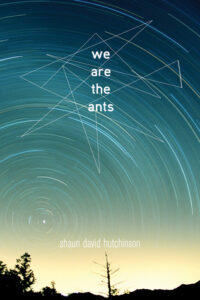 I’ve gotten comments from readers that the acceptance the queer characters in my books receive from everyone around them is unrealistic. They might be right. I don’t think they are, but they could be. And I don’t care. I don’t write for those people. I write books so that queer teens can see themselves, so that they can see a possible future for themselves. Marginalized teens deserve the same opportunity to see themselves represented accurately and positively in the books they read as everyone else. I’ve heard the argument that queer teens only make up a small percentage of the population, so it shouldn’t be important. Well, screw that. None of us should be willing to write off marginalized groups, no matter how many or few of us there are. If you’re a writer and you think it’s not important enough to get it right, you shouldn’t be writing it. Actual lives of actual people depend on getting it right. If you think otherwise then you haven’t been paying attention.
I’ve gotten comments from readers that the acceptance the queer characters in my books receive from everyone around them is unrealistic. They might be right. I don’t think they are, but they could be. And I don’t care. I don’t write for those people. I write books so that queer teens can see themselves, so that they can see a possible future for themselves. Marginalized teens deserve the same opportunity to see themselves represented accurately and positively in the books they read as everyone else. I’ve heard the argument that queer teens only make up a small percentage of the population, so it shouldn’t be important. Well, screw that. None of us should be willing to write off marginalized groups, no matter how many or few of us there are. If you’re a writer and you think it’s not important enough to get it right, you shouldn’t be writing it. Actual lives of actual people depend on getting it right. If you think otherwise then you haven’t been paying attention.
We should all be speaking out about books with harmful representation. Writers need to know that doing the bare minimum isn’t enough. They need to get it right or write something else. Publishers need to know that there are real consequences to publishing books with harmful representation and they need to promote diversity at every level of their operations to ensure harmful books aren’t being published, while at the same time promoting own voices books that are getting it right. Publishers need to do more than simply pay lip service to the notion of diversity. Teachers and librarians need to speak up about books that are harmful to the teens they serve, and actively seek out books that get it right so that they can put the right books into the hands of the teens who need them.
This isn’t a game. This isn’t just fiction. These are real lives, and if we’re not working to make those lives better, what the hell are we doing?
Meet Shaun David Hutchinson
 Shaun David Hutchinson is the author of numerous books for young adults, including The Five Stages of Andrew Brawley, which won the Florida Book Awards’ Gold Medal in the Young Adult category and was named to the ALA’s 2015 Rainbow Book List; the anthology Violent Ends, which received a starred review from VOYA; and We Are the Ants, which received five starred reviews and was named a best book of January 2016 by Amazon.com, Kobo.com, Publishers Weekly, and iBooks, and At the Edge of the Universe. He lives in South Florida with his adorably chubby dog, and enjoys Doctor Who, comic books, and yelling at the TV. Visit him at ShaunDavidHutchinson.com.
Shaun David Hutchinson is the author of numerous books for young adults, including The Five Stages of Andrew Brawley, which won the Florida Book Awards’ Gold Medal in the Young Adult category and was named to the ALA’s 2015 Rainbow Book List; the anthology Violent Ends, which received a starred review from VOYA; and We Are the Ants, which received five starred reviews and was named a best book of January 2016 by Amazon.com, Kobo.com, Publishers Weekly, and iBooks, and At the Edge of the Universe. He lives in South Florida with his adorably chubby dog, and enjoys Doctor Who, comic books, and yelling at the TV. Visit him at ShaunDavidHutchinson.com.
Filed under: #SJYALit
About Amanda MacGregor
Amanda MacGregor works in an elementary library, loves dogs, and can be found on Twitter @CiteSomething.
ADVERTISEMENT
ADVERTISEMENT
SLJ Blog Network
Name That LEGO Book Cover! (#53)
Cover Reveal and Q&A: The One and Only Googoosh with Azadeh Westergaard
Exclusive: Vol. 2 of The Weirn Books Is Coming in October | News
Fighting Public School Book Bans with the Civil Rights Act
ADVERTISEMENT



